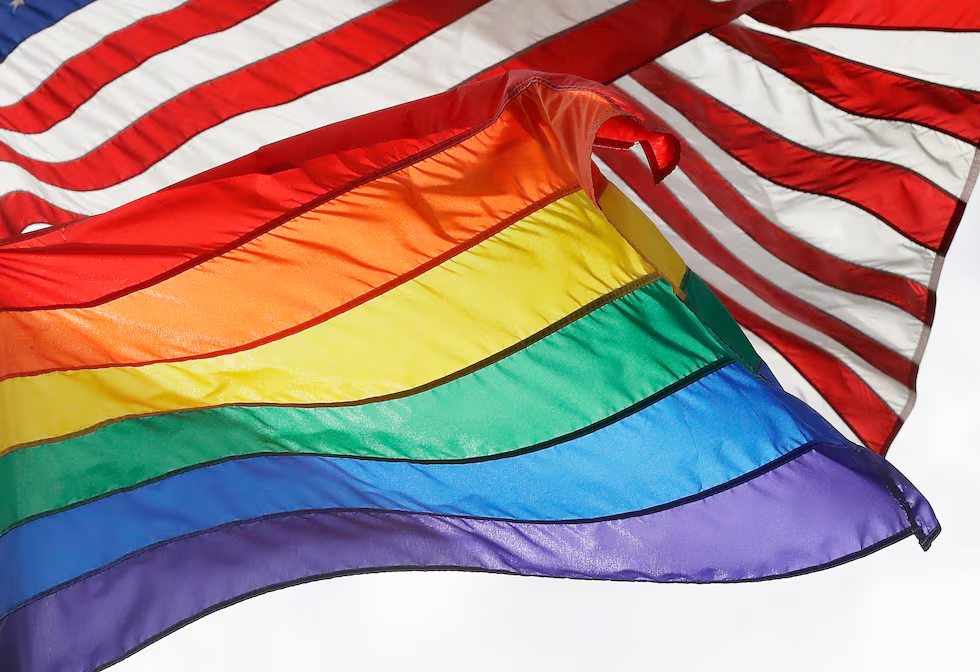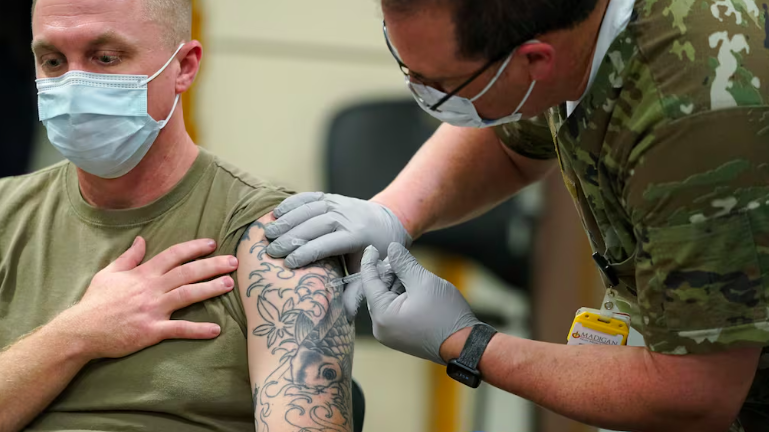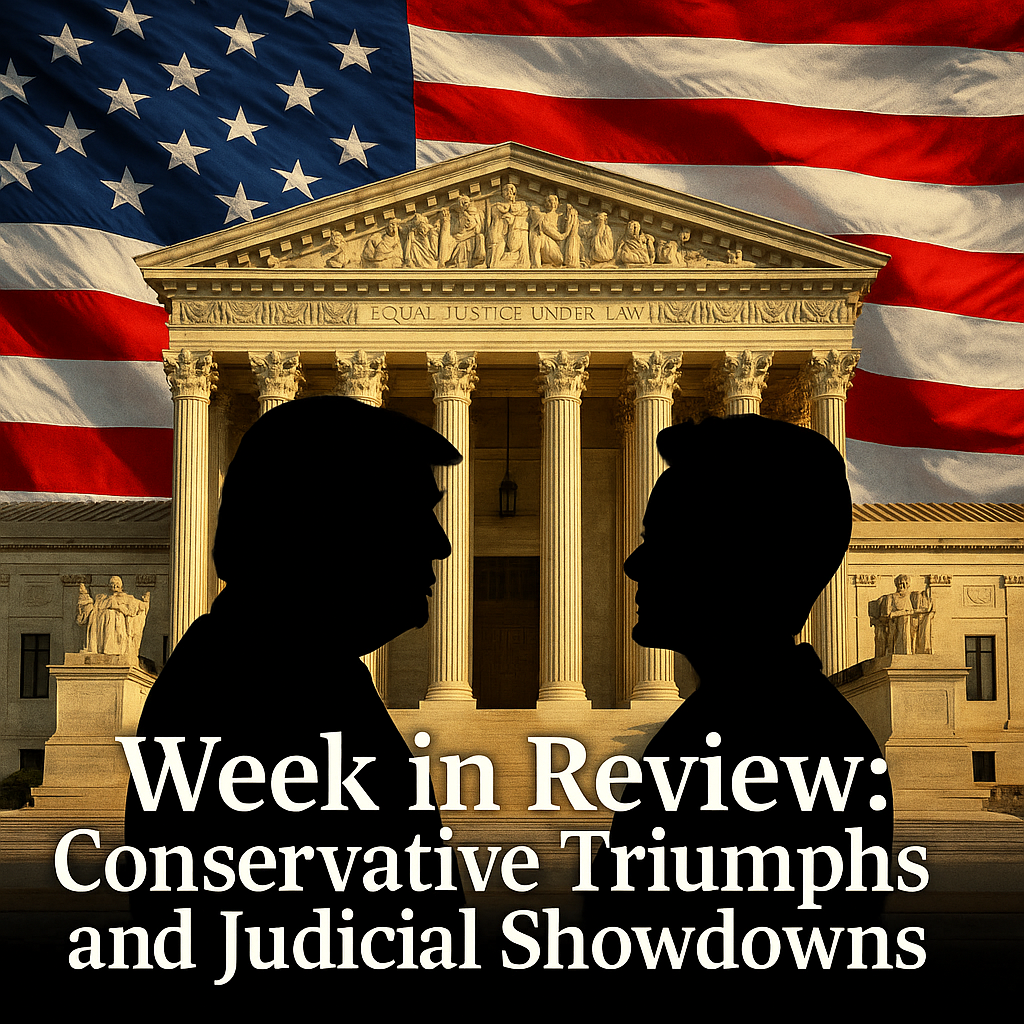Kennedy Center Cancels LGBTQ+ Events Planned for Pride Festival
WASHINGTON, D.C. — The John F. Kennedy Center for the Performing Arts has canceled several events that were scheduled as part of its annual Pride Month programming, according to organizers who expressed frustration over the last-minute move. The decision has sparked controversy, drawing sharp criticism from LGBTQ+ advocacy groups and raising questions about the institution’s commitment to its own publicized values.
The canceled programming was initially scheduled for early June and included a series of performances, panels, and celebratory gatherings focused on LGBTQ+ artists and issues. These events were planned in conjunction with DC-area Pride celebrations and had been publicly promoted by organizers as part of a broader initiative to support diversity in the arts.
According to organizers cited by the New York Post, they were notified of the cancellations only days before a public announcement. “It was abrupt,” said Teighlor McGee, an LGBTQ+ advocate and host who was set to participate in the events. “They have not given us a clear reason.”
The Kennedy Center did not provide a direct explanation for canceling the events, stating only that the organization continues to support “artistic expression that reflects the diversity of our nation.” The lack of specificity has drawn criticism from activists, who view the move as a backpedal under political pressure.
The Center’s decision comes amid heightened scrutiny of government-funded institutions and their programming. The Kennedy Center receives tens of millions of dollars annually in federal appropriations, prompting some observers to question whether taxpayer concerns have influenced internal policy.
While some LGBTQ+ organizations accused the Kennedy Center of caving to pressure, others noted the possibility that logistical or security concerns may have played a role. As of Friday, the Kennedy Center had not responded to multiple media requests seeking clarification on whether public backlash, political pressure, or internal policy changes were factors in the cancellation.
Conservative voices welcomed the development, seeing it as a potential recalibration by a major cultural institution that has, for years, leaned toward promoting left-wing social causes. “Federal institutions like the Kennedy Center should focus on the arts without being hijacked by political agendas,” one D.C.-based conservative commentator told Give Me Five News. “This could signal a shift toward neutrality and respect for the broader American public.”
Critics of the canceled programming often point to the growing frustration among families and taxpayers over the politicization of publicly funded art spaces. In recent years, concerns have mounted that institutions like the Kennedy Center have prioritized progressive social messaging over inclusive programming for general audiences.
The canceled events were to be held at The REACH, the Kennedy Center’s more recent expansion aimed at engaging younger and more diverse communities. Those familiar with the situation described the cancellations as particularly disappointing because the REACH has previously served as a central hub for community-oriented performances and civic discussions.
Organizers said the cancellations disrupted months of planning. “We had dozens of artists and vendors lined up, and now they’re left scrambling,” said a spokesperson from one LGBTQ+ group that had collaborated with the Kennedy Center on previous Pride events.
Online reactions were swift, with some claiming the Kennedy Center had “betrayed” its stated values. However, others noted that cultural institutions are beginning to face a backlash from everyday Americans who are weary of taxpayer-funded organizations pushing narrow ideological narratives.
While LGBTQ+ groups have promised to host alternative events outside the Kennedy Center’s grounds, questions persist about whether the institution will continue promoting LGBTQ+ programming in future years or adopt a more cautious approach amid shifting public expectations.
The Kennedy Center, first opened in 1971, was originally envisioned as a living memorial to President John F. Kennedy and a space to celebrate the best of American culture. Over the past decade, its programming has shifted toward what many critics say is an overemphasis on activism rather than performance excellence.
Some conservatives argue that events explicitly centered around gender identity and sexual orientation may alienate mainstream audiences and contribute to broader polarization in the arts. “The arts should unite us, not divide us into ideological camps,” one cultural critic told Give Me Five News. “When institutions become political platforms, they risk losing public trust.”
Meanwhile, Kennedy Center leadership has remained largely silent, fueling speculation that internal disagreements or external feedback may have influenced the decision. With no official clarification, many remain unsure whether this was an isolated move or the beginning of a broader rebalancing.
The LGBTQ+ groups involved have stated that they are still seeking transparency from Kennedy Center officials. “We need to know what happened,” McGee said in her interview. “If it’s political, just say so. If it’s budget-related, say that too. But don’t leave us hanging.”
As the Pride Month season approaches, the cancellation may serve as a litmus test for how other federally supported institutions navigate the growing divide between cultural advocacy and public accountability.
Whether this move signals a new direction for the Kennedy Center or merely a one-off decision remains to be seen. But for now, the abrupt cancellation has become another flashpoint in America’s ongoing cultural debate.





